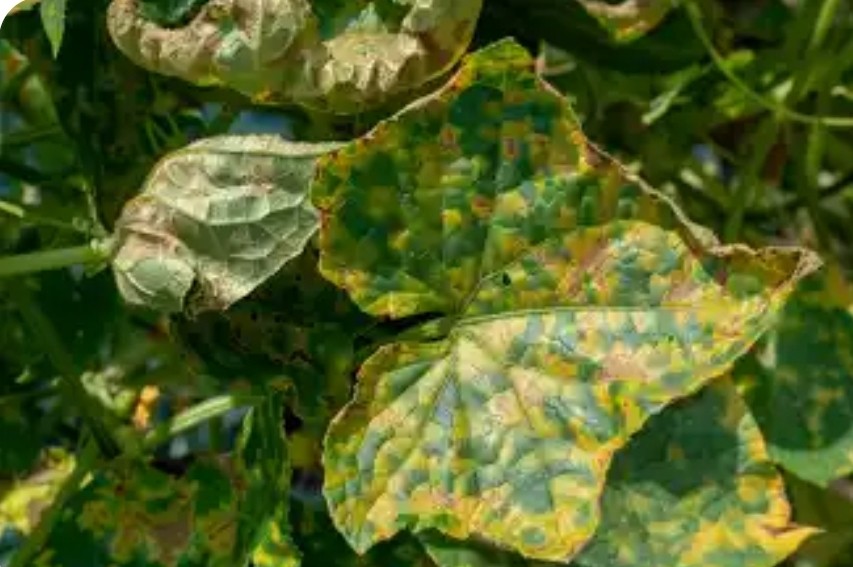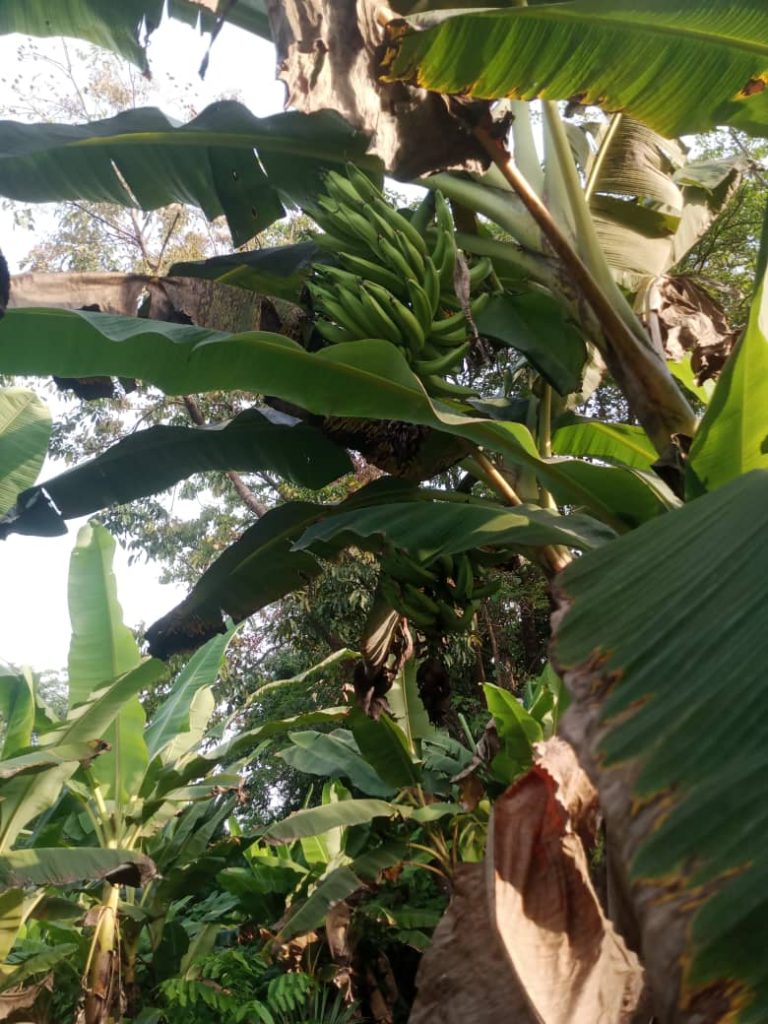Ambassador Engr. Agim Godwin Apple – President, African Development Concepts Ry. Finland

Google image
Pseudoperonospora cubensis is a species of water mould known for causing downy mildew on cucurbits such as cantaloupe, cucumber, pumpkin, squash and watermelon. This water mould is an important pathogen of all these crops, especially in areas with high humidity and rainfall, such as the eastern United States. In most years the disease is an annual, late-season problem on squash and pumpkin in the eastern and central United States, however, since 2004 it has become one of the most important diseases in crops production.
Title: Potential Impact of Heatwave on Plant Loss to Pseudoperonospora in Nigeria and West Africa
Introduction:
Heatwaves have become increasingly common in recent years, posing significant threats to agriculture worldwide. This essay aims to discuss the potential consequences of the heatwave expected in 2023/2024 on Nigeria and West African farmers’ plants due to the fungal pathogen Pseudoperonospora. The rising temperatures and susceptibility of crops to this pathogen are a cause for concern, highlighting the need for effective mitigation strategies to protect agricultural productivity in the region.

Plantain farms in Bebuabie, Obudu Local Government area in Cross River State, Nigeria. rapidly giving out their rich energy in production
Overview of Pseudoperonospora:
Pseudoperonospora is a fungal-like pathogen that causes downy mildew diseases on various crops, including maize, rice, sorghum, and soybeans. It thrives in warm and humid environments, making it particularly problematic during heatwaves when temperature and humidity levels are elevated. This pathogen spreads rapidly through airborne spores, infecting and damaging plant tissues, ultimately leading to yield losses.
The Heatwave of 2023/2024:
The anticipated heatwave in 2023/2024 has the potential to exacerbate the impact of Pseudoperonospora on Nigerian and West African crops. Heatwaves are characterized by prolonged periods of excessively high temperatures, which can stress plants, weaken their defenses, and make them more susceptible to diseases.
As Pseudoperonospora thrives in warm conditions, the heatwave may create favorable conditions for its rapid spread and aggressive infection.
Impact on Nigerian and West African Farmers:
The consequences of the heatwave and subsequent Pseudoperonospora infection could be devastating for farmers in Nigeria and the wider West African region. Crop yields may significantly decrease, leading to food shortages, decreased income for farmers, and potential price hikes in the market.
Additionally, the loss of crops could negatively affect the livelihoods of numerous farmers, exacerbating poverty and undermining rural economies.
Mitigation Strategies:
To mitigate the potential impact of the heatwave and Pseudoperonospora infection, several strategies can be employed. These strategies should focus on both pre-emptive measures and responsive actions:
- Enhancing Climate Resilience: Governments and agricultural agencies should invest in research and development of heat-tolerant varieties of crops that are less susceptible to Pseudoperonospora. Crop breeding programs should prioritize traits such as heat stress tolerance and resistance to fungal pathogens.
- Improving Irrigation and Water Management: Heatwaves increase evapotranspiration rates, leading to soil moisture deficits. Efficient irrigation systems and water management practices should be promoted to maintain optimal soil moisture levels, minimizing plant stress and susceptibility to diseases.
- Implementing Early Warning Systems: Monitoring weather patterns and implementing early warning systems can help farmers prepare for heatwaves and take necessary precautions to protect their crops. This includes timely application of fungicides and adopting cultural practices that discourage disease development and spread.
- Promoting Good Agricultural Practices: Farmers should be educated on proper crop rotation, spacing, and regular crop scouting to identify and control Pseudoperonospora infections promptly. Good agricultural practices promote better crop health and reduce the likelihood of disease outbreaks.
Conclusion:
The heatwave expected in 2023/2024 poses a significant threat to Nigerian and West African farmers, with the potential for increased Pseudoperonospora infections and subsequent plant losses.
Mitigation strategies, such as developing heat-tolerant crop varieties, improving irrigation and water management, implementing early warning systems, and promoting good agricultural practices, can help minimize the impact of this impending crisis.
It is crucial for governments, policymakers, and farmers to collaborate and invest in sustainable solutions to ensure food security and protect the livelihoods of those dependent on agriculture in the region.
©️ Ambassador Agim Godwin Apple
